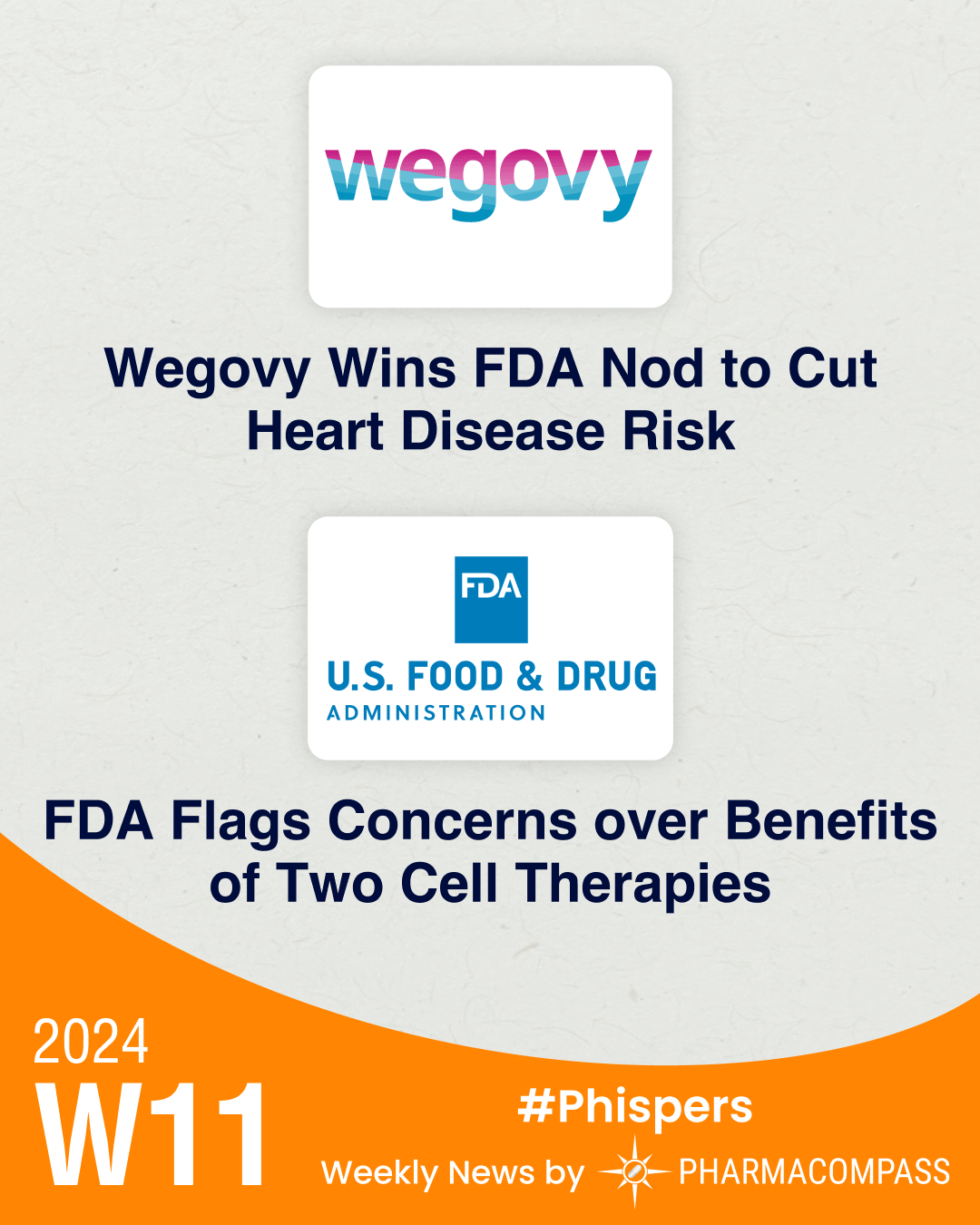Recently, the FDA has issued a significant safety alert regarding the recall of certain batches of Duloxetine. This move has sparked widespread concern among patients and healthcare providers alike. The recall is primarily due to the potential presence of a harmful chemical, raising questions about the safety and quality control in pharmaceutical manufacturing.
The 2023 FDA recall of Duloxetine marks a critical moment in ensuring drug safety across the United States. As the investigation unfolds, understanding the implications and details of this recall becomes essential for anyone using or prescribing this medication. This article aims to provide comprehensive insights into the situation, helping stakeholders make informed decisions.
In a recent development, the FDA has announced a voluntary recall of Duloxetine bottles manufactured by Towa Pharmaceutical Europe and distributed nationwide by BPI. This action stems from concerns over potential contamination that could pose health risks to users. Affected bottles are identified by lot number 220128, highlighting the need for vigilance when handling medications from this batch.
Potential Health Risks Associated with Contaminated Duloxetine
The primary concern with the recalled Duloxetine bottles lies in the possibility of nitrosamine contamination, a substance known to increase cancer risk with prolonged exposure. Nitrosamines are not typically found in these medications, making their presence particularly alarming. Patients who have been taking affected capsules should consult their healthcare providers immediately.
Manufacturers and regulators are working diligently to assess the extent of contamination and its potential impact on public health. While no immediate adverse effects have been reported, continuous monitoring is crucial to ensure long-term safety. Consumers are advised to remain cautious and seek professional guidance if they experience any unusual symptoms.
This recall underscores the importance of stringent quality checks during production processes. By identifying and addressing such issues early, manufacturers can prevent serious health complications for consumers. It also emphasizes the role of regulatory bodies like the FDA in maintaining high standards of pharmaceutical safety.
Understanding Current Labeling Practices for Duloxetine
CYMBALTA, the branded version of Duloxetine, is widely prescribed for treating depression and anxiety disorders. However, it's important to note that labeling information may vary depending on updates approved by the FDA. Users must verify current guidelines to ensure safe usage of the medication.
Prescribing information for CYMBALTA outlines specific dosages and administration protocols designed to maximize therapeutic benefits while minimizing risks. Initial U.S. approval established foundational principles still relevant today, though ongoing research continues to refine treatment approaches. Staying informed about these changes helps optimize patient care.
As part of routine evaluations, healthcare providers review updated labels to align clinical practices with evolving standards. This ensures consistency between what patients receive and what scientific evidence supports as effective treatments. Encouraging open communication between doctors and patients fosters better adherence to recommended regimens.
Expanded Recall Impacts Over 233,000 Bottles Nationwide
The scope of the Duloxetine recall has expanded significantly, now encompassing over 233,000 bottles distributed throughout the country. Classified as a Class II recall by the FDA, this indicates a moderate likelihood of temporary or reversible health problems but acknowledges the potential for more severe outcomes without prompt intervention.
Rising Pharmaceuticals, based in New Jersey, supplied the affected capsules under various generic names. Such large-scale recalls necessitate coordinated efforts from multiple stakeholders including distributors, retailers, and healthcare facilities to swiftly remove impacted products from circulation. Efficient logistics play a vital role in minimizing patient exposure.
Efforts are underway to notify all relevant parties involved in the supply chain about necessary actions required to comply with recall procedures. Public awareness campaigns supplement these initiatives, ensuring that individuals aware of the situation take appropriate steps to safeguard their well-being. Transparency remains key throughout this process to rebuild trust within the pharmaceutical industry.

